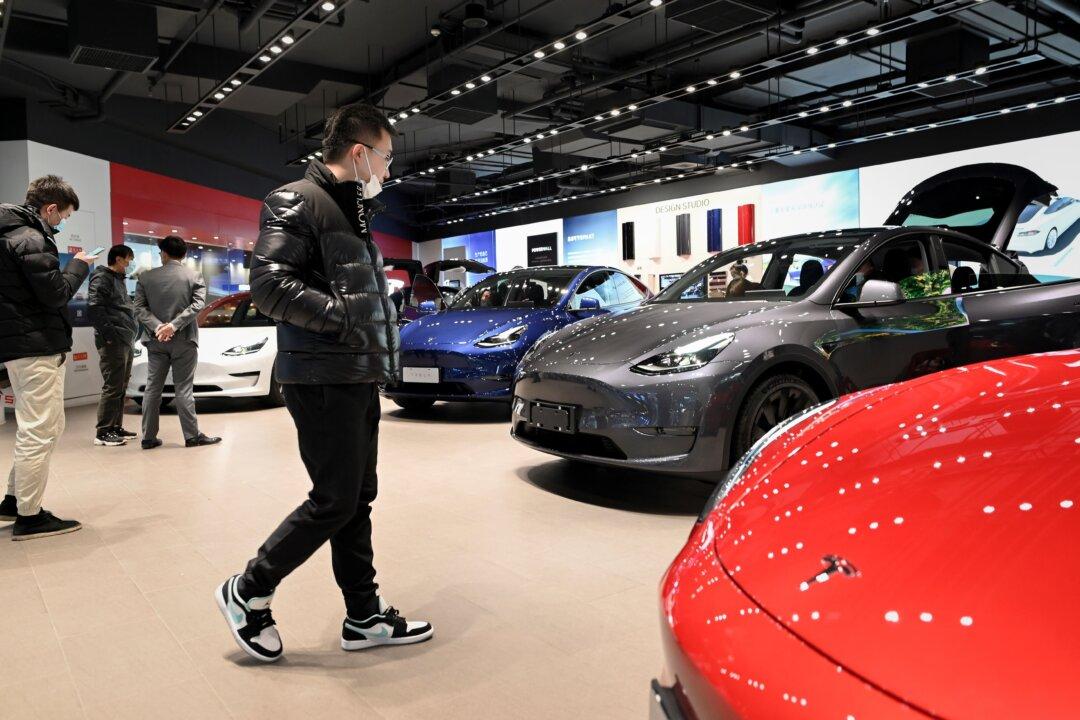In a significant move to address the challenges posed by the influx of low-cost Chinese electric vehicles (EVs) and batteries, South Korea has aligned with global trends by revising its EV subsidy policies. Mirroring actions taken by the United States and the European Union, the South Korean government’s updated 2024 EV purchase subsidy scheme reduces financial incentives for EVs utilizing primarily Chinese-manufactured lithium iron phosphate (LFP) batteries.
South Korea’s Ministry of Environment detailed the adjustments in the latest revision to its EV subsidy plan, announced Feb. 6. Vehicles priced under 55 million Korean won (around $41,000) are now eligible for a maximum subsidy of 6.5 million Korean won (approximately $4,900) from the national treasury.






